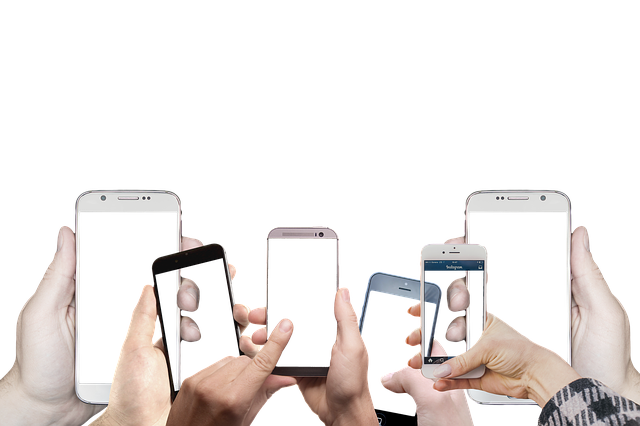i) Analogue Signal Repeater Booster
A majority of amplifiers are analogue. Their primary function is to amplify mobile phone carrier frequency using traditional technology. These analogue signal boosters come together with a solid outdoor antenna cable and kit. This simply means that installation is needed. These signal boosters are also known as Bi-Directional Repeaters/Amplifiers (BDAs). This signal booster must be installed in different areas to allow the first responders to remain in contact no matter the area they are in. This makes it the best for emergencies. Bi-Directional amplifiers can be used for two-way radio or cellular phones. Before carrying on with the article you might want to check out Signal Solutions as their services may come in handy for you.
ii) Smart Signal Boosters
In a nutshell, this is a new form of wireless signal booster that uses all-digital powerful baseband processors. It cleans the coverage before rebroadcasting. These amplifiers come with more than 100 dB gains, while the analogue versions come with 63 – 70 dB gains. However, with such features, they tend to be a bit expensive compared to analogue versions.
Although, smart signal boosters come with great features such as an internal donor antenna, plug and play, and no outdoor antennas.
The Reasons Why Your Signal Is Weak
Below are a few reasons why signals may be weak:
• The Distance Between The Cellular Tower And Home Or Vehicle – One of the primary reasons you may be experiencing a weak signal could be due to the distance from the cellular tower. NOTE: the closer you are to the tower the stronger the cell phone signal received and vice versa. This means that when you are far from the booster, the weaker the signal will be.
• Outside Interferences – You may be experiencing weak signals due to external inferences. It is important to note that radio waves are just radio waves and can easily be distracted when they travel long distances to reach your phone. Effective signal transmission demands a clear line. Obstacles such as billboards, hills, tall buildings, skyscrapers, trees, mountains, and elements like heavy rain, thunderstorms, and snow are all known to interfere with the signal. In this case, the solution is to either eliminate or avoid the obstacle where possible.
• Internal Interferences – internal interferences are also known to weaken transmission. A few examples include building materials like layers of brick, thick concrete, metal, glasses, radiant barriers, magnets, and electronic clutter or conductive material. In this case, you will find that you get a strong signal when you are outside but have a weak signal when you are in your house. In this case, the solution is to reduce the internal interferences as much as possible.
Certification Of Repeaters
In the United States and Canada, all cell phone signal boosters must be certified. The certification must be provided by the two federal governments, which means that the amplifier works as indicated or required. In the United States, the body that is mandated for certification is FCC (Federal Communication Commission). In Canada, IC (Industry Canada) is responsible for certification. For this reason, it is important to follow the rules and regulations depending on your country.
